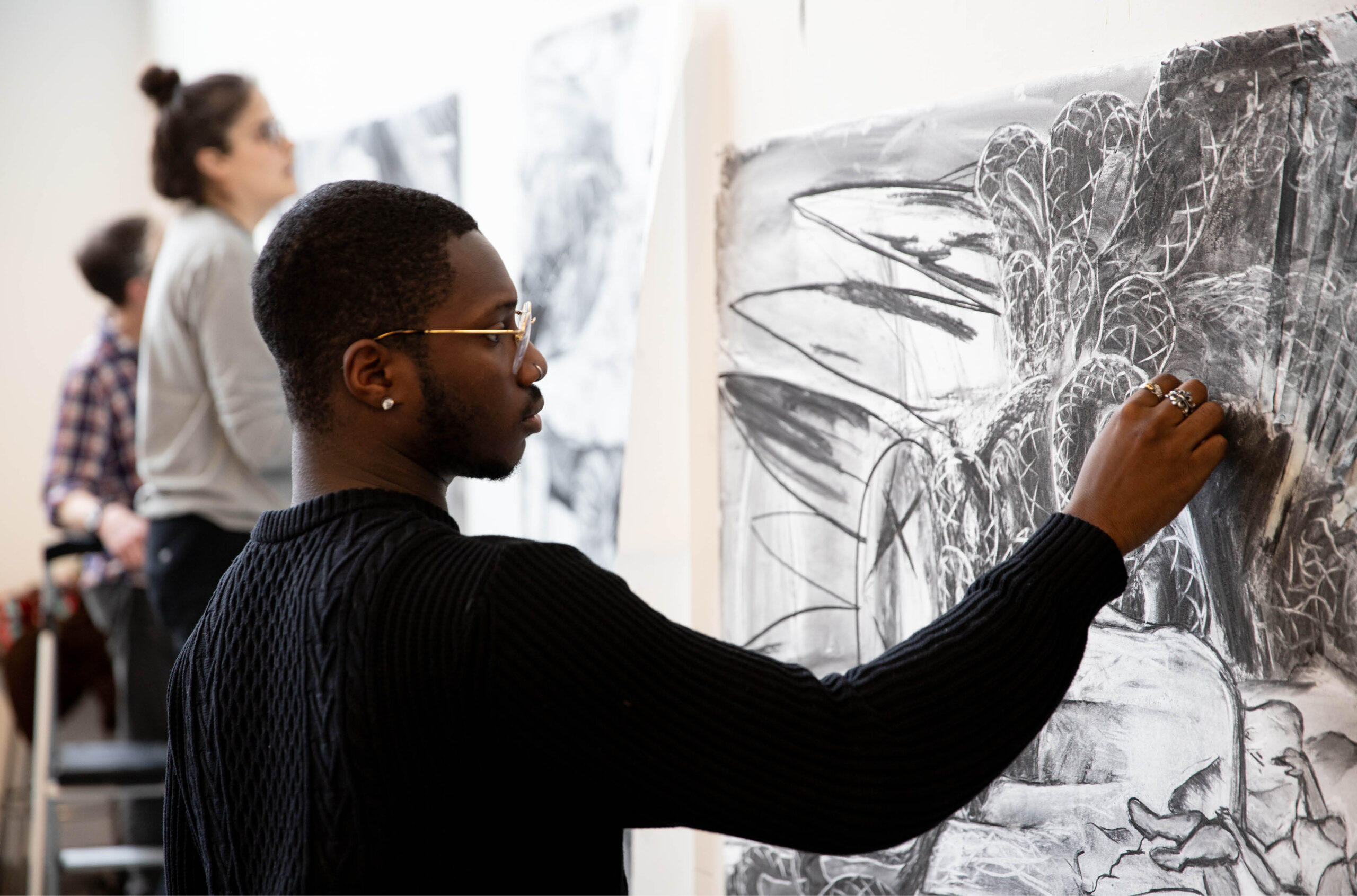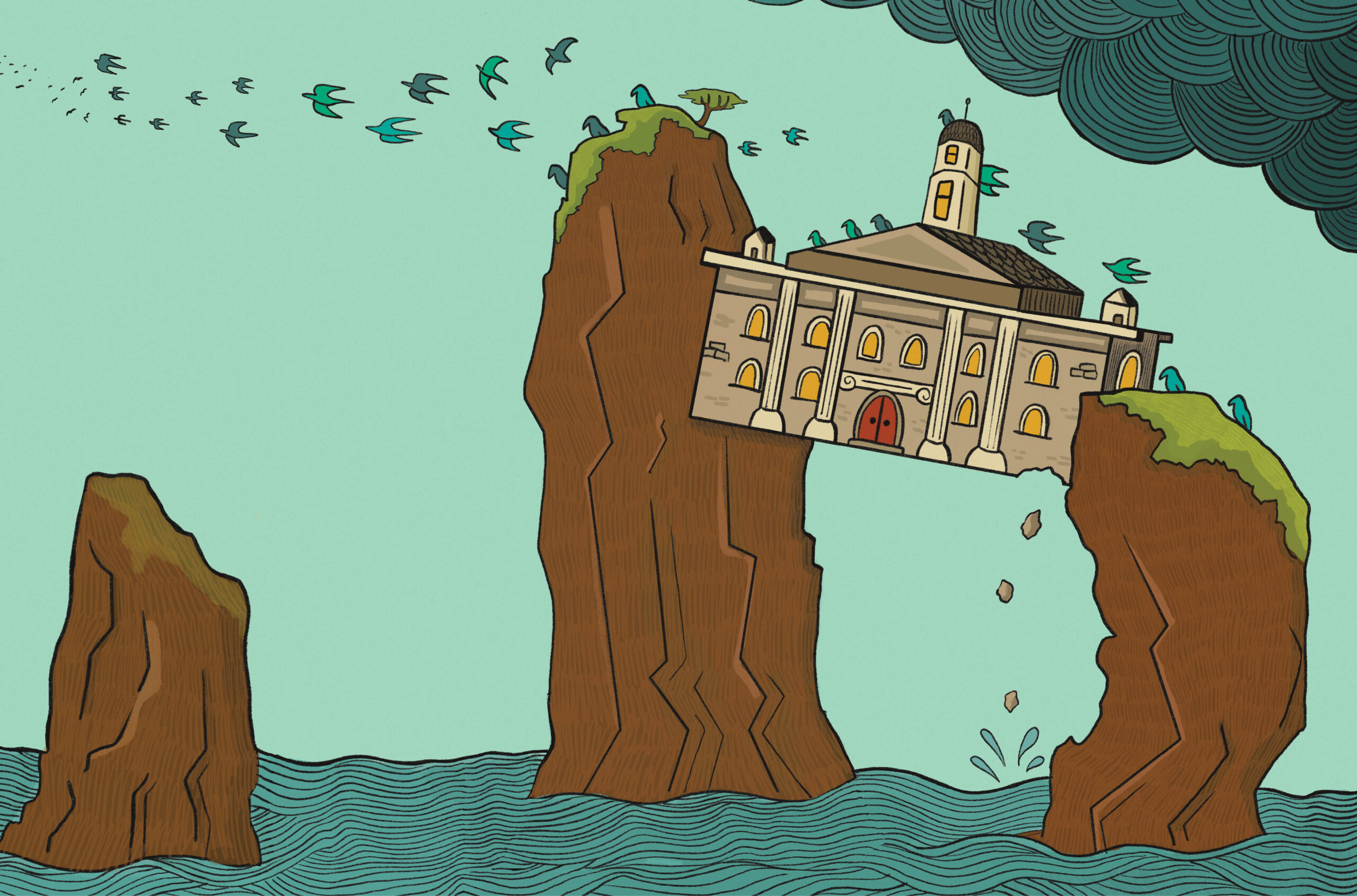2018: Canadian higher education in review

Welcome to 2019. As we turn a new page, here are the stories and issues that shaped the past year in Canadian higher education.
This year is a special one for University Affairs as we mark our 60th anniversary. You will notice a design refresh if you get our print magazine (and if you don’t, you can subscribe for free). Keep an eye out for other special things to come.

Stories that made 2018
Mental health on campus
What role do faculty have in supporting student mental health? How should university administrators respond to reports of worrisome behaviour on campus? Questions on the perennial issue of mental health never seem to fade, especially as demand for help on campus rises. In this vein, our writers have also discussed the emotional toll of teaching, cultivating resilience in students and an appeal to professors to err on the side of trust when it comes to sick notes.
Cannabis policies
It is hard to ignore the sweeping impact cannabis legalization has had on many sectors, including higher-ed. Before the law was set to take effect, researchers were gearing up to track the social, economic and health effects of this historic change in public policy. Universities were in a pinch to come up with campus cannabis policies with the onset of a new academic year. And, student journalists at four institutions took notice of the complicated patchwork of guidelines in place.
Academic freedom and free speech
These two pillars of the university, distinct yet related, drew plenty of headlines. In our new series, “Dispatches on Academic Freedom,” professor Shannon Dea gave measured reflections on academic freedom in a non-ideal world and what her office door has to do with free speech on campus. Can history help to untangle the complexities of academic freedom? Paul Axelrod considers the question. Meanwhile, clashes over the limits of free speech continue to divide campuses, Moira MacDonald reports, and the Ontario government had mandated colleges and universities to come up with free speech policies by Jan 1. Columnist Creso Sá writes, however, that we are “nowhere near a free speech crisis … let alone one justifying government intervention.”
Equity, diversity and inclusion
The federal government has made no secret of its interest in bringing about change in equity, diversity and inclusion in research. For a long view of gender and full-time faculty in Canada, here are six charts that tell a partial history. This past summer, after the launch of the Canada Research Coordinating Committee, consultations began on the new $275-million tri-council fund, which included discussions of EDI. Consultations also kicked off for a ‘made-in-Canada’ Athena SWAN program, which will go beyond gender equity, and NSERC aims to unveil details of a pilot in 2019. With the federal budget coming up in the spring, university groups have EDI on their radar as well in their pre-budget submissions.
Reckoning with reconciliation
“Reconciliation” was always a hefty word with action needed to back it up. In response to the Truth and Reconciliation Commission’s calls to action, universities continue to work toward a shared commitment to closing the Indigenous education gap. One of those efforts: law schools are revamping their programs to respond to what one dean calls “the most significant shift in the Canadian legal landscape in our lifetimes,” Kerry Banks reports. Columnist Sheila Cote-Meek remarked on the need for structural changes at universities rather than quick fixes that don’t stand the test of time. And, at the most recent Building Reconciliation Forum, the theme was Ts’its’u’ watul tseep, meaning “to help one another” in the HUL’Q’UMI’NUM’ language.

Most read of 2018
Arbitration decision on student evaluations of teaching
Such evaluations can’t be used for tenure and promotion decisions, arbitrator rules in case involving Ryerson University. Read the story >>
It’s time to stand up to the academic publishing industry
Lack of access to research is a moral issue, creating an inequitable system of knowledge distribution, write Adriane MacDonald and Nicole Eva. Read the story >>
Leaving academe, and then returning
Jared Wesley started his career in academe, left to work in the public service and then came back to work as a professor. Read the story >>
Canada’s medical residency system is leaving some graduates in limbo
A growing number of students, after years of study, aren’t getting the residency positions they need to become physicians. Read the story >>
This article originally appeared in our weekly newsletter. Sign up to get updates.













Post a comment
University Affairs moderates all comments according to the following guidelines. If approved, comments generally appear within one business day. We may republish particularly insightful remarks in our print edition or elsewhere.